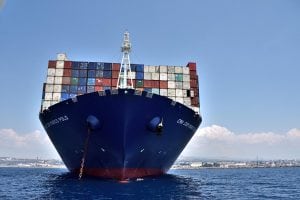 To keep up with the top export destinations for U.S.-sourced recyclables, Resource Recycling examined the latest shipping data from the U.S. Department of Commerce.
To keep up with the top export destinations for U.S.-sourced recyclables, Resource Recycling examined the latest shipping data from the U.S. Department of Commerce.

 Colin Staub was a reporter and associate editor at Resource Recycling until August 2025.
Colin Staub was a reporter and associate editor at Resource Recycling until August 2025. To keep up with the top export destinations for U.S.-sourced recyclables, Resource Recycling examined the latest shipping data from the U.S. Department of Commerce.
To keep up with the top export destinations for U.S.-sourced recyclables, Resource Recycling examined the latest shipping data from the U.S. Department of Commerce.
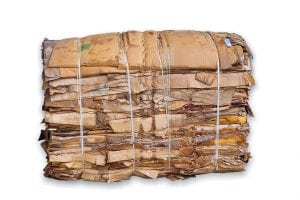 As more Chinese import restrictions roll in, domestic mills continue to pay even less for recovered fiber. Meanwhile, some are looking at how they can supply Chinese buyers with finished product in the future.
As more Chinese import restrictions roll in, domestic mills continue to pay even less for recovered fiber. Meanwhile, some are looking at how they can supply Chinese buyers with finished product in the future.
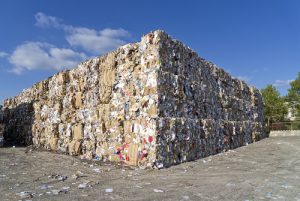
This story has been updated.
The Chinese government plans to levy a 25 percent tariff on U.S. shipments of OCC and other recovered fiber, as well as scrap plastic, in retaliation for the latest U.S. tariff proposals.
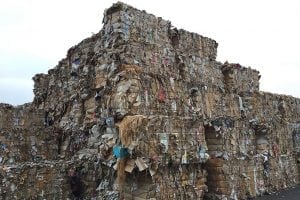
A Virginia newsprint mill will undergo a nearly $300 million conversion to produce recycled paperboard. The facility will use mostly OCC and some mixed paper as feedstock.
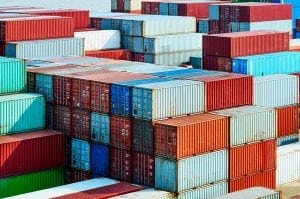 The Malaysian and Vietnamese governments have followed through on plans to clamp down on recycled material shipments. Both countries have stopped issuing new import permits for certain materials.
The Malaysian and Vietnamese governments have followed through on plans to clamp down on recycled material shipments. Both countries have stopped issuing new import permits for certain materials.
 PepsiCo has scaled up its commitment to The Recycling Partnership, and a leader at the beverage company says the money will be geared toward improving local programs.
PepsiCo has scaled up its commitment to The Recycling Partnership, and a leader at the beverage company says the money will be geared toward improving local programs.
 A major southwest city is looking to develop a facility that will process the city’s mixed plastics stream through plastics-to-fuel or mechanical recycling. It has received three proposals.
A major southwest city is looking to develop a facility that will process the city’s mixed plastics stream through plastics-to-fuel or mechanical recycling. It has received three proposals.
 An agricultural plastics collection company has expanded substantially in the past year, opening a processing facility in California and growing its collection volumes across the Midwest.
An agricultural plastics collection company has expanded substantially in the past year, opening a processing facility in California and growing its collection volumes across the Midwest.
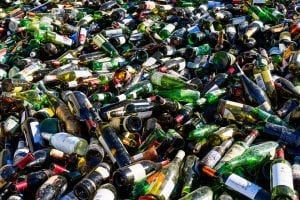 Strategic Materials shut down its Franklin, Mass. facility last month, a development caused by the closure of a massive bottle manufacturer nearby.
Strategic Materials shut down its Franklin, Mass. facility last month, a development caused by the closure of a massive bottle manufacturer nearby.
